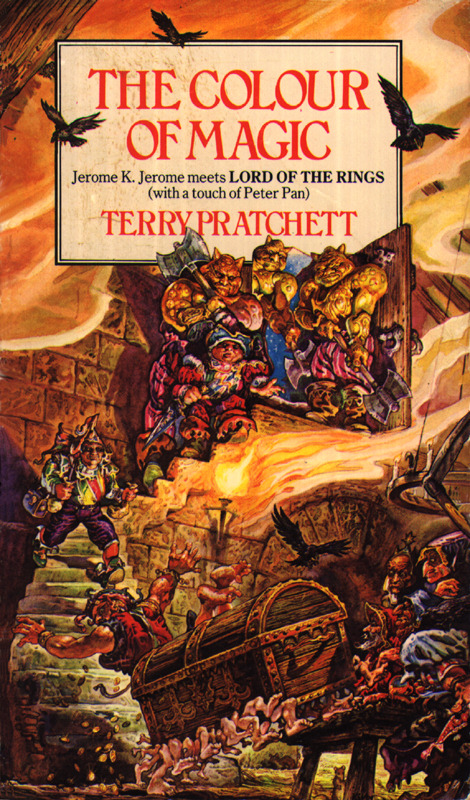I think our friend Scott brought it over with
Wicked and Divine, and it was just put in my book pile. So instead of reading some of the biographies or non-fiction books, I figured I would give this a shot. There is a quote by Neil Gaiman, and that's cool, right?
However, when I went to pick it up, however, Josh looked at me, and just went
He has some strong hate feelings about Sculptor, which of course made it all the more interesting.
So... it's about this guy who lives in New York City who is an artist, a SCULPTOR to be exact.
-
We're off to a smashing start.
He's a sculptor, but he's a struggling artist, and hasn't sold any pieces. He use to have a patron, but he no longer funds him because the Sculptor, David Smith, is a huge dick. And realistically, probably on the spectrum? Or maybe a bit emotionally disturbed? Or probably just has a big case of the fuccbois.
Whatever his problem is, he's running out of money and is failing miserably in the most expensive city ever: NYC. He has no idea what to do, but getting a job and maybe getting a roommate is out of the question, apparently.
So he's in this diner dive, and in walks his Uncle Harry. They have this conversation, and Uncle Harry talks about what would exactly happened if he just moved out of NYC, got a job, got married and essentially give up his dream.
"No!" Dick McGee cries, and says he has to make art! Then Uncle Harry, who is really Death who sometimes wears the skin of deceased Uncle Harry, says that he will be given a gift to create, but will only have 200 days to live. He will receive his gift at sunrise.
Rick McDick takes it and when he walks home, an angel seemingly appears out of nowhere, kisses him and tells him he's going to be alright.
Well, Fuccboi Slickrick is in love and he's super happy.
Then some bullshit happens after this where this guy, who is Ron Ramrod's best friend, tells him that he needs to get out more and drags him to a party. Some more bullshit happens and Fuck Fuckstein realizes that the angel that came to him was part of a Flash mob. He feels tricked.
Apparently David Smith... or I'm sorry, Rick Schlong, isn't too bright either.
He also does this annoying thing where he makes "rules" and he has to abide by them. "I don't take charity!" is definitely a thing he does, and I HATE it when that's a thing... because it's never a good person that says that, right? They are always super annoying and I never understand the not taking charity deal. If people want to give it you, take it! What's the big deal?
Anyway, You all probably guess how I feel about this comic. There is a Manic-Pixi-Dream-Girl who Slick Dick falls in loves with, who is the same girl that played the Angel in the beginning of the story, and there is a lot drama and emotions along with the countdown to his death date.
Somewhere in this story Blunt Bangs girl reveals she is bipolar. She also apparently hangs out with her ex boyfriends... which are her only defining characteristics. BTW, girls that "hangs" out with her ex-boyfriends means she's still sleeping with them.
So, she loves David and tells him she's preggers, so the horrifying vision of him moving to the suburbs and having a family suddenly becomes appealing because the grass is always greener when you have a pretty booby lady with zero personality traits who wants to move into a nice house with you.
WOOF. There is a dramatic ending that doesn't pull any heartstrings. Spoiler: he dies, which kudos for McCloud for pulling the trigger so there isn't a Sculptor Two: More Sculpting.
I'm so clever sometimes.
It says something that I finished the comic since I ragequit both Arthur Conan Doyle and Jules Verne in a week, so it's at least an entertaining way to spend a few nights reading.
I think there is a message about following your dreams... or not flying so close to the sun... or maybe not make a deal with the devil... or happiness is least where you expect it... You know? I don't know.
So if you find the comic book in your house I like I did because a friend really wanted your husband to read it, read it. Otherwise, don't spend money on it.








